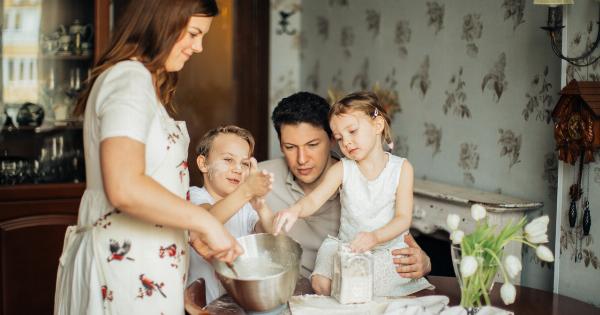As a parent, it can be difficult to know what’s going on in your baby’s mind. But understanding your child’s development can help you interact with them more effectively and make the most of those early years.
In this guide, we’ll take you through the key stages of development from birth to age six and explore the cognitive, social, and emotional changes that take place along the way.
The First Year: Sensory and Motor Development
During the first year of life, babies are focused on building their sensory and motor skills. This includes developing their sense of touch, hearing, vision, and taste, as well as learning how to crawl, walk, and manipulate objects with their hands.
One of the key things to remember during this stage is that babies learn through repetition and sensory experience.
So, giving your child plenty of opportunities to explore their environment, play with toys, and interact with other people is crucial for their development.
The Second Year: Language and Cognition
As your child enters their second year, they will start to develop their language and cognitive abilities. This includes learning how to understand and use basic words and phrases, as well as developing problem-solving and reasoning skills.
At this stage, it’s important to provide your child with plenty of opportunities to engage in language-rich activities, such as reading books, singing songs, and having conversations.
This can help to build their vocabulary and foster a love of learning that will serve them well throughout their childhood.
The Preschool Years: Social and Emotional Development
As your child enters the preschool years, their focus will shift towards social and emotional development. This includes learning how to interact with others, manage their own emotions, and develop a sense of empathy for others.
During this stage, it’s important to help your child develop positive social skills by encouraging them to play with others, communicate their feelings, and share their toys.
It’s also important to provide plenty of opportunities for your child to explore their own emotions and understand how to manage them in a healthy way.
Kindergarten and Beyond: Cognitive and Academic Development
As your child enters the early school years, their focus will shift towards cognitive and academic development. This includes learning how to read, write, and do basic math, as well as developing critical thinking and problem-solving skills.
To support your child’s academic development, it’s important to establish a regular routine for homework and learning, and to provide plenty of opportunities for them to pursue their interests and passions through extracurricular activities.
The Role of Play in Your Child’s Development
Throughout your child’s early years, play will play a crucial role in their development.
Not only does play provide a fun and engaging way for children to learn new skills and build social connections, but it also allows them to express themselves and explore their own interests.
As a parent, it’s important to foster a love of play in your child by providing them with plenty of opportunities to engage in unstructured playtime, both alone and with others.
This can be as simple as providing them with a few toys and letting them come up with their own games, or as structured as enrolling them in a music or art class.
Final Thoughts: Understanding and Supporting Your Child’s Development
Understanding your child’s development is key to providing them with the support and guidance they need to thrive in the early years of their life.
By following the guidance outlined in this guide, you can help your child develop the skills, confidence, and resilience they need to succeed in school and beyond.




























